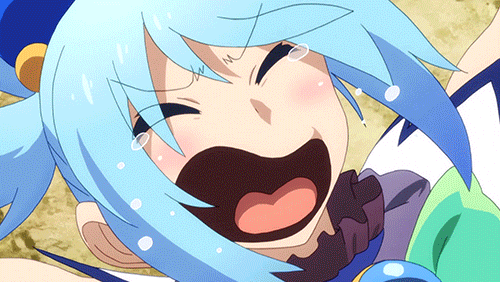thegreekdog wrote:Donelladan wrote:thegreekdog wrote:How is the term "incite terrorism" defined under French law? I think that would be relevant to determine whether this comedian has violated the law (and whether Charliehebdo violated the law when publishing cartoons). I think it's pretty obvious that prosecuting this particular comedian is rather hypocritical.
Well, it's pretty obivous for someone that doesn't know anything about french law maybe.
But otherwise no, there is absolutely nothing obvious.
Please - also note that Charlie Hebdo has also been prosecuted in the past and was judged innocent.
Note that this particular comedian has also been prosecuted several times in the past, sometimes guilty, sometimes innocent. Will see for this one. But this has nothing related or to do with Charlei Hebdo.How is the term "incite terrorism" defined under French law?
Promoting terrorism is forbidden. After what it's a judge that decide. Not you - not me. Justice is independant in France
How is "promoting terrorism" defined? I do think it's important to define the terms (as they are defined under French law).
Note, I'm not trying to defend what this guy says; I'm just confused as to how the French can support free speech on the one hand and not support free speech on the other where the only apparent (to me, unknowledgeable about all things French) difference is the target of the speech.
If I pretend the United States has a law that prohibits speech that would "promote terrorism," I could argue that a newspaper posting cartoons that would anger terrorists is "promoting terrorism" (or "inciting terrorism"). We don't have that kind of law (to my knowledge).
Easy. Dieudonné's speach is that the people the terrorist killed is a good thing and that he supports them.
What charlie hebdo did, was to post a picture with Mahomet crying and saying "it s hard to be loved by idiots" refering to extremists.
I know you are smart enough to understand where we draw the line.







































































































































